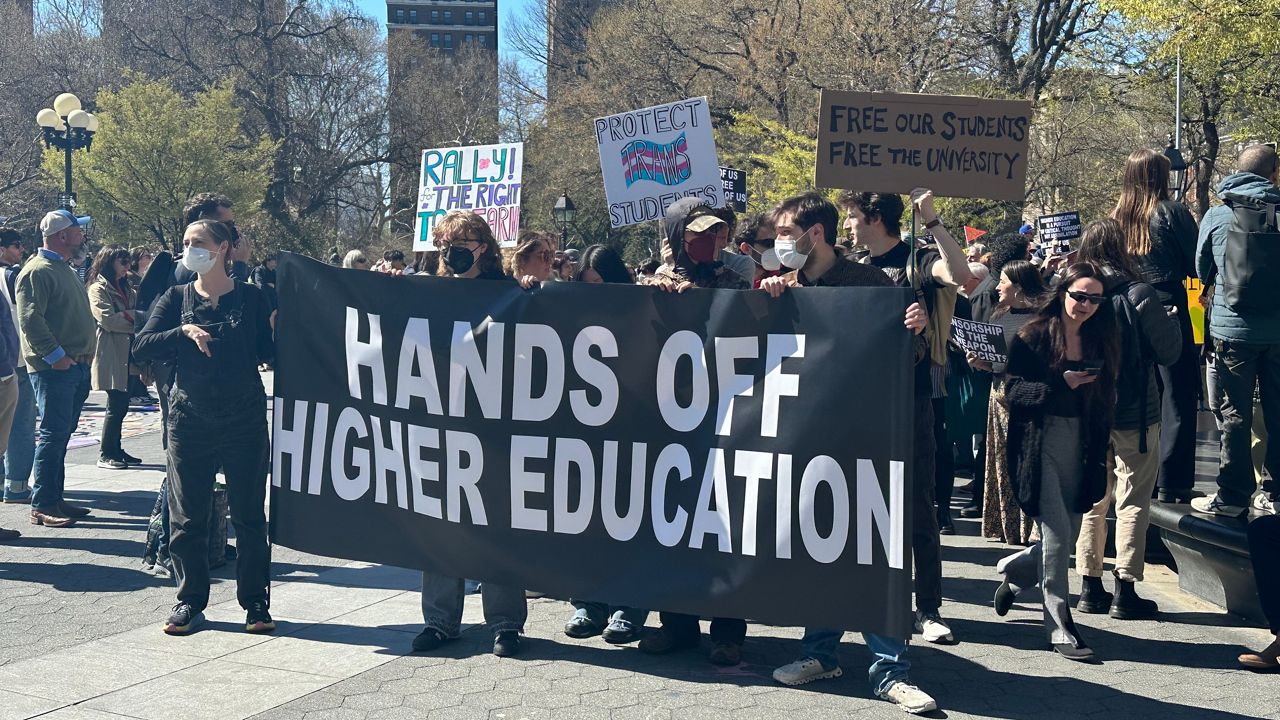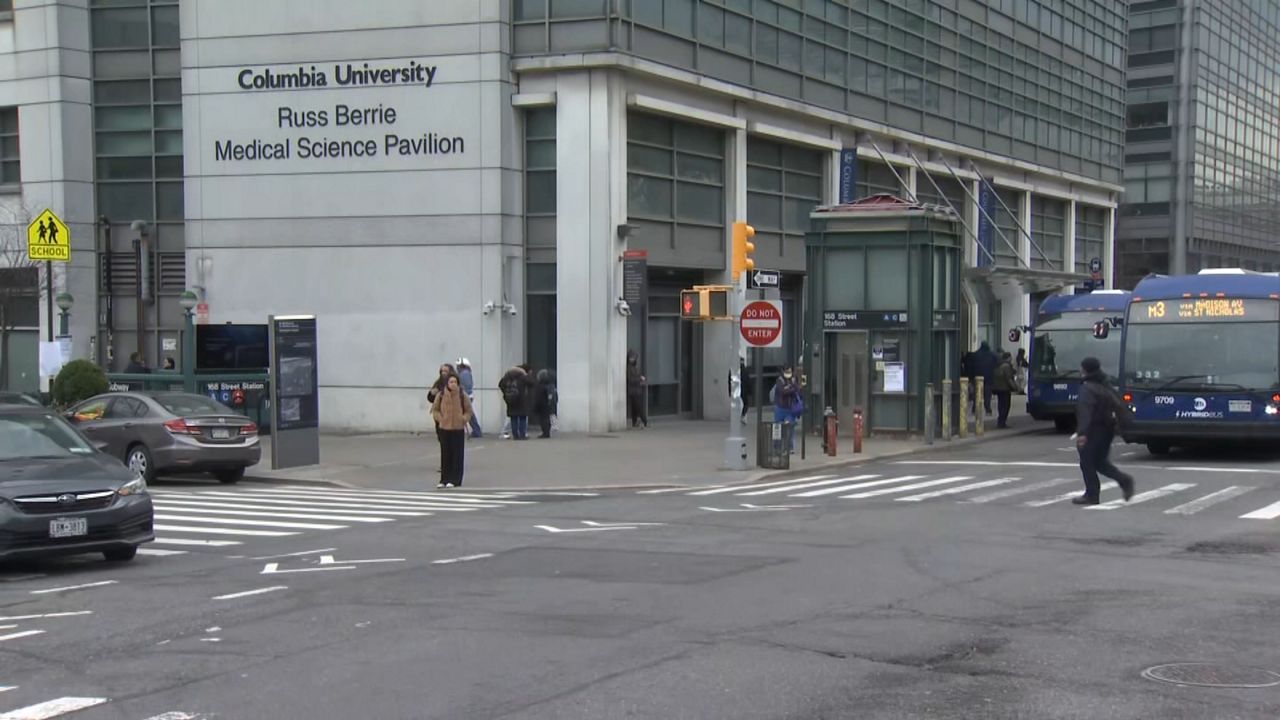When the needs of a child with disabilities are not being met in a public school, their family can ask for an impartial hearing — where an officer might rule they’re entitled to busing, or extra services, or even to attend a pricey private school at the city’s expense.
Then, they wait — often at the expense of their child’s development, and at their own literal expense.
“For a number of families who don’t have the ability and the resources to front the money and essentially give a loan to the DOE, without interest and for an unspecified amount of time, it means that those students aren’t able to get the services that are being ordered for them,” Rebecca Shore, director of litigation at Advocates for Children, said.
What You Need To Know
- Parents who are not satisfied with their special needs child's education can request an impartial hearing — but the city has routinely failed to promptly put in place the hearing officers' orders
- In 2007, the city agreed to implement orders in 35 days — but is still failing to do so 97% of the time, prompting a judge to appoint a special master in the case
- Now, the city will adopt the special master's recommendations, which include tech overhauls, better customer service, and hiring more staff in order to provide children services and reimburse parents for tuition more promptly
If they pay out of pocket and await reimbursement, the cost can be staggering.
“We’ve had families that have had to take out mortgages on their home, take second lines of credit,” Shore said.
It’s the focus of a lawsuit that was initially filed by the organization Advocates for Children in 2003.
In a 2007 settlement, the Education Department agreed that it would implement hearing orders within 35 days.
As of this year, the city is failing to meet that standard 97% of the time.
“Whether it’s reimbursing a parent, paying a provider or providing services for a student, on average 97% of times that they’re not in compliance with what the stipulation said,” David Irwin, who was named a special master in the lawsuit, said.
After the city failed to hold up its end of the deal for years, advocates asked the judge to appoint a special master.
Irwin was selected and has now come up with a list of 40 recommendations for overhauling and updated the DOE’s system for implementing these orders.
The Education Department signed on to the recommendations Wednesday — with Schools Chancellor David Banks attending the court hearing.
Judge Loretta Preska called the agreement “a massive step toward getting families reimbursed for the costs of services for their special needs children.”
The recommendations include things like tech upgrades, hiring more staff, and just providing better customer service, something parents asked Irwin for.
“’We just want like a Domino’s Pizza tracker. Just show us where we are in the process.’ And I think that we took that to heart,” he said.
Each recommendation has a timeframe, and many must be completed in the next six months. Irwin believes if the city follows the agreement, it will be processing hearing orders on time within a year.
“Here’s a roadmap to fix them, you know, the rest lies with DOD to actually implement it now,” he said.




_CGPK_CUNY_Student_Protest_Encampents_2025_CG_134055132_345)
_DNT_Columbia_Protest_CLEAN_FOR_APPROVAL)

